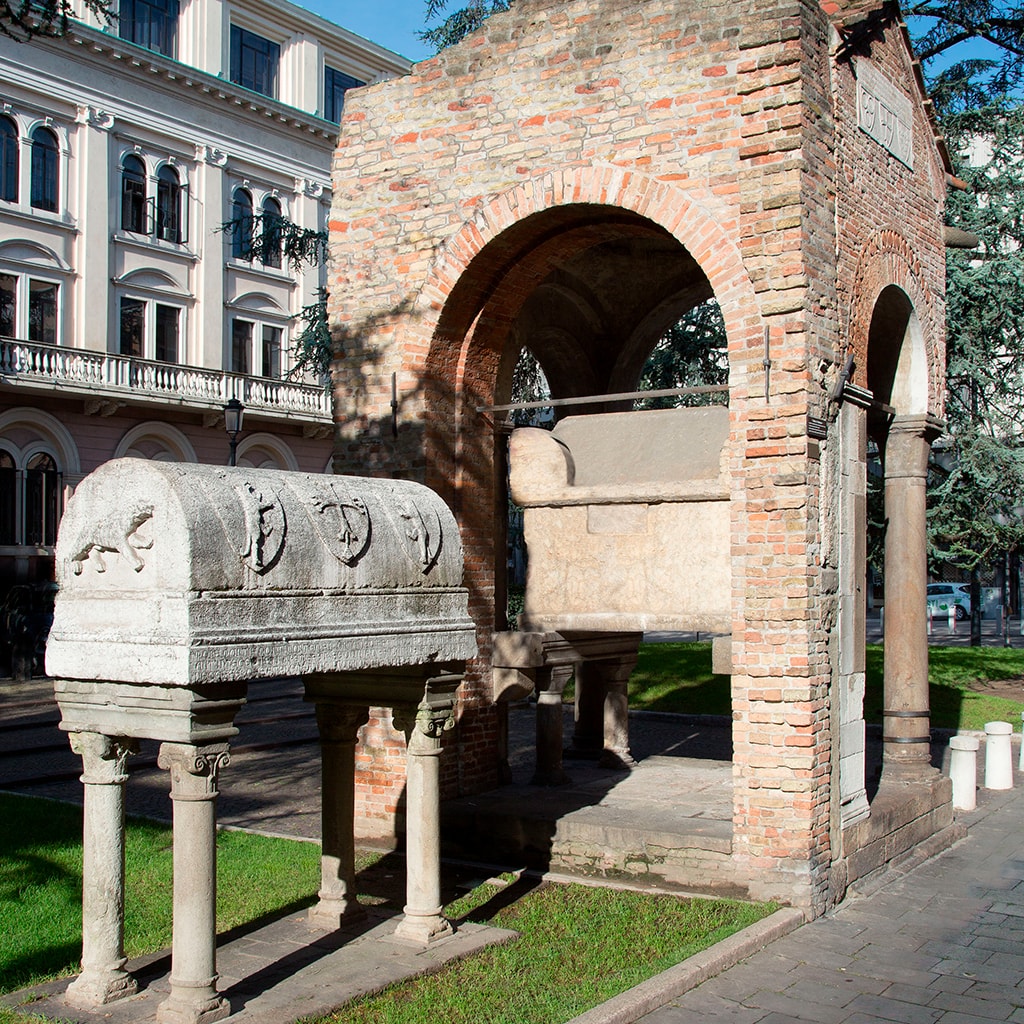An accent literary tradition that dates back as far as Homer tells us that, in their war against the Greeks, the Trojans were assisted by the Veneti. According to the ancient authors, these Veneti were a people originating in far-off Paphlagonia, a region of Anatolia on the Black Sea coast.
They were led in the Trojan War by their chief Pilemene, who would die in combat. Thus, when Troy fell the Veneti took another military leader, the Trojan Antenor. And it would be under his guidance that they, like so many of those defeated in the war, went into exile, wandering the seas in search of a new place to settle.
Finally, we are told, they landed on the Veneto coast of the upper Adriatic. Then, according to a Roman tradition that dates from the time of the emperor Augustus, they defeated the native peoples there and, under the leadership of Antenor, founded the city of Padua.
This version of events is given by the Padua-born historian Livy and the poet Virgil. In the opening of his monumental work ab Urbe condita, Livy says that, leading a large body of Veneti and Trojans, Antenor came by ship into the deepest inlet on the Adriatic coast, then landed and occupied the surrounding territory. However, his text only suggests a link with the foundation of Padua; it is Virgil’s Aeneid that makes the claim explicitly, saying the Antenor was the founder of the city and was buried there.
So, both Rome and Padua were founded by those escaping from the destruction of Troy – Aeneas and Antenor respectively. In ancient history, Padua was the only city that could claim a common origin with Rome in its descent from those of Trojan stock. This proud link was reiterated more than once.













